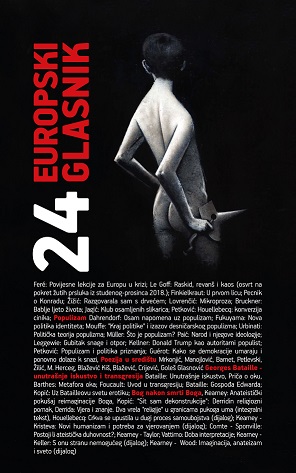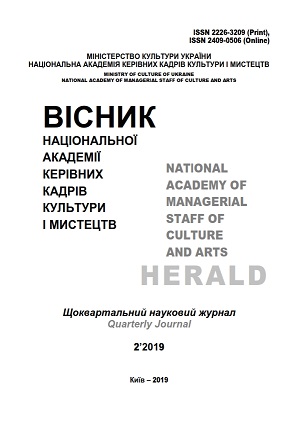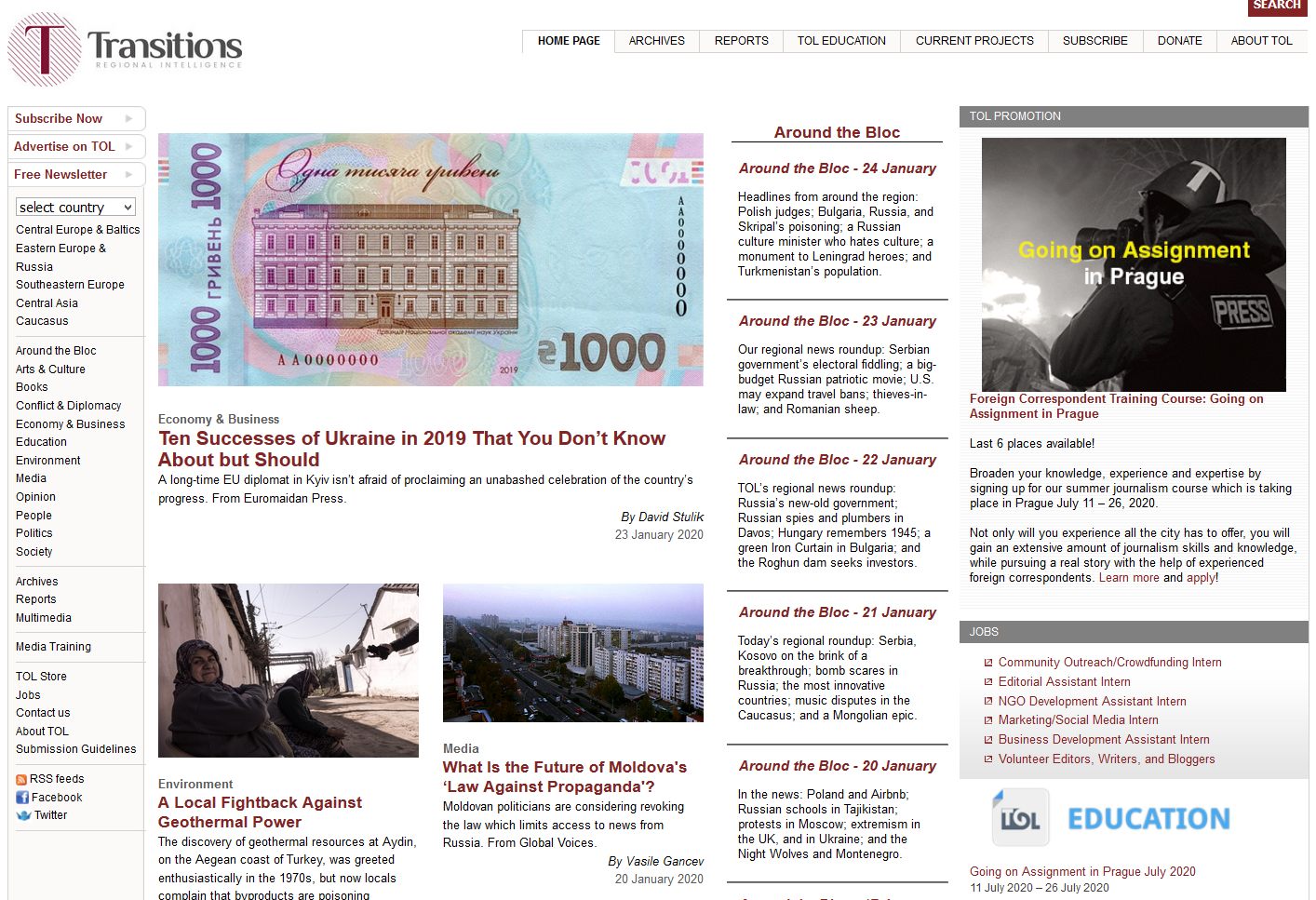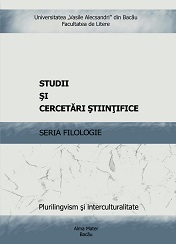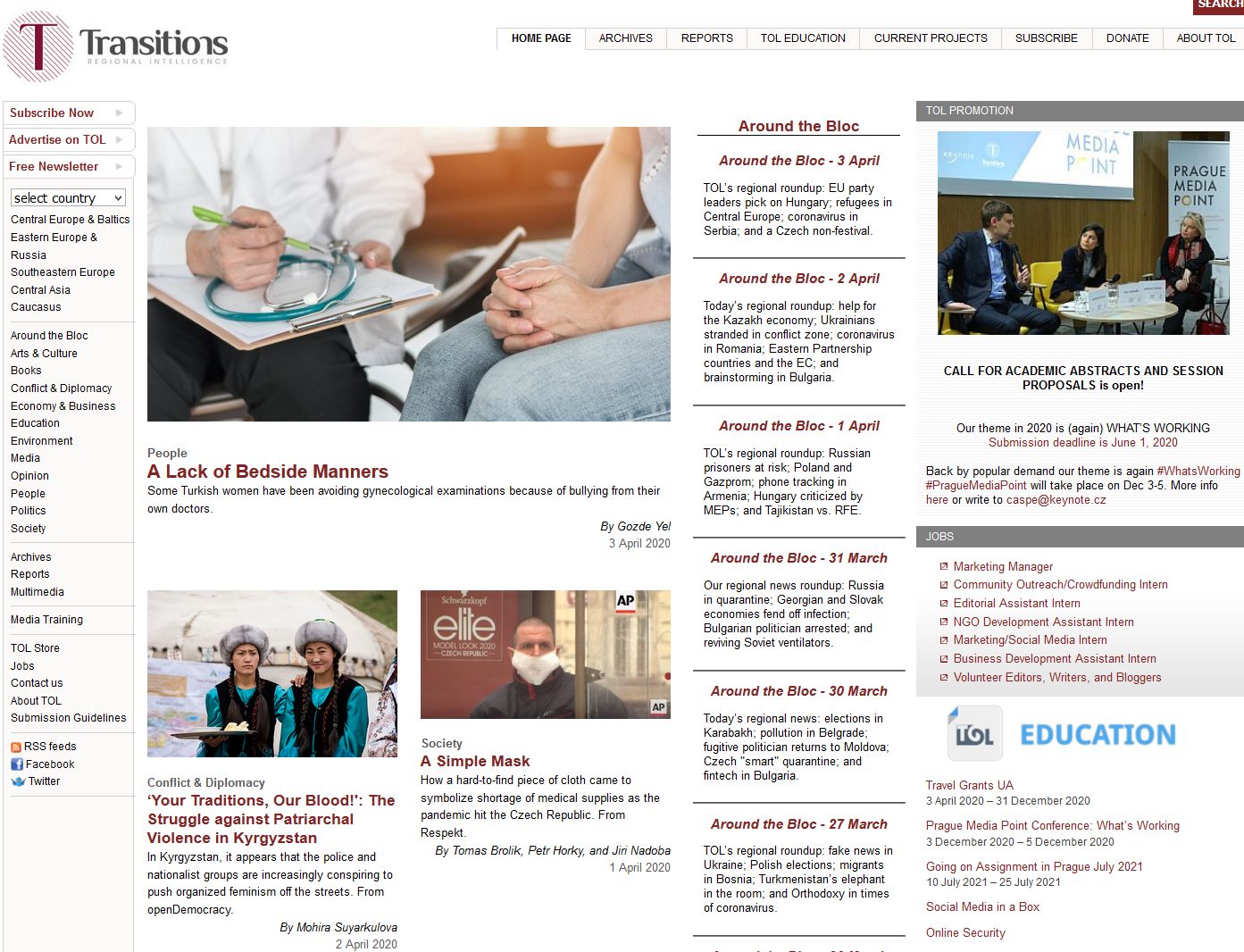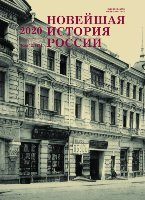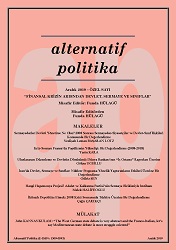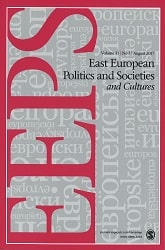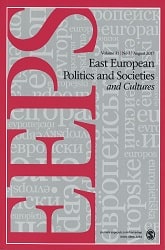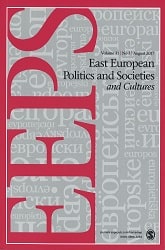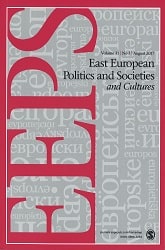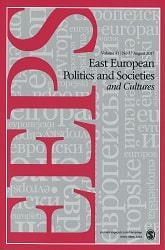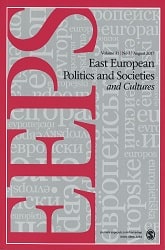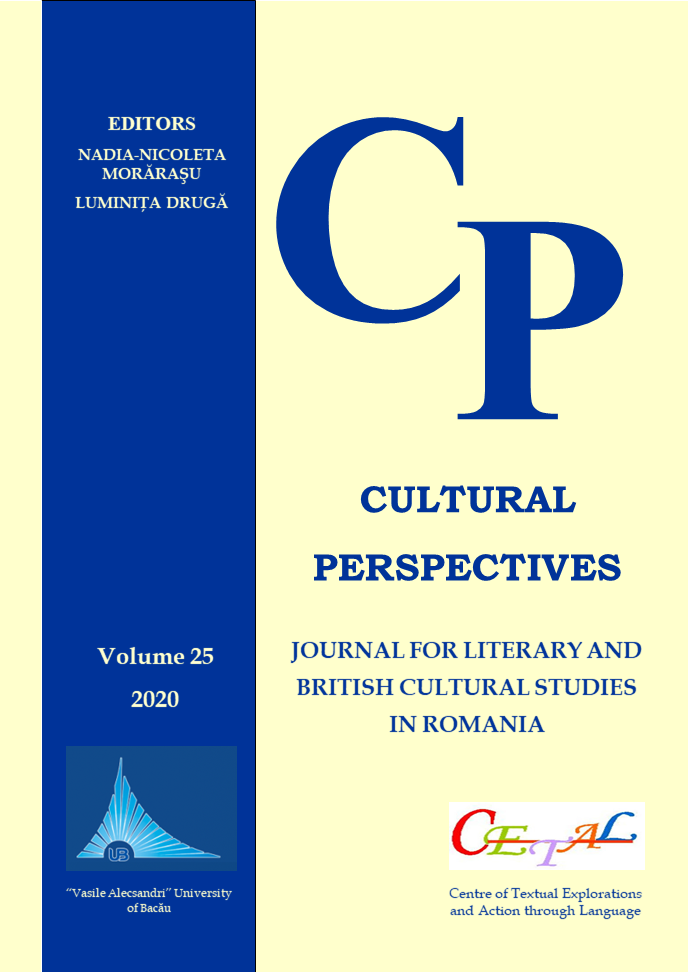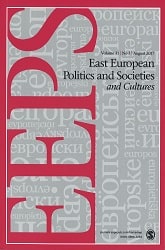Author(s): Petru Negură,Victor Mocanu,Mihai Potoroacă / Language(s): Romanian
Issue: 2/2019
This article aims to study social cohesion in the Republic of Moldova according to the feeling of belonging of Moldovan citizens to the state Republic of Moldova, by the perceptions of solidarity towards other citizens, of social trust and discrimination. In the article, the concept of social cohesion was applied, within the social quality theory, elaborated by W. Beck, Y. Berman, D. Phillips and others. There have also been used the concepts of solidarity, integration and regulation, elaborated and theorized by E. Durkheim. The main hypothesis of this article is that the constitutive components of social cohesion have a low statistical value. In addition, we assume that low-income and low-educated people, self-positioned at the bottom of the social hierarchy show the lowest rate regarding the main indicators of cohesion (solidarity, trust, belonging). The responses to some questions included in an opinion poll carried out in November 2018 on a representative and stratified sample by the Association of Sociologists and Demographers of the Republic of Moldova (ASDM) have been triangulated with similar data from other recent surveys and researches (2016– 2018). The quantitative data obtained through opinion polls were also corroborated by analysing the qualitative data of some focus groups, conducted in 2016. The main results of this article largely confirm our initial assumptions, namely that participants to the surveys on which this article is based indicate a widely shared perception that the Moldovan society would be socially and culturally divided. However, the sense of belonging, constitutive of the concept of social cohesion, proves rather high values. On the contrary, trust in other citizens is very low. Also, social solidarity is not considered as a dominant value by the respondents, compared to other values. Respondents with a “lower” social status and a low education level express the lowest indices to these parameters.
More...
